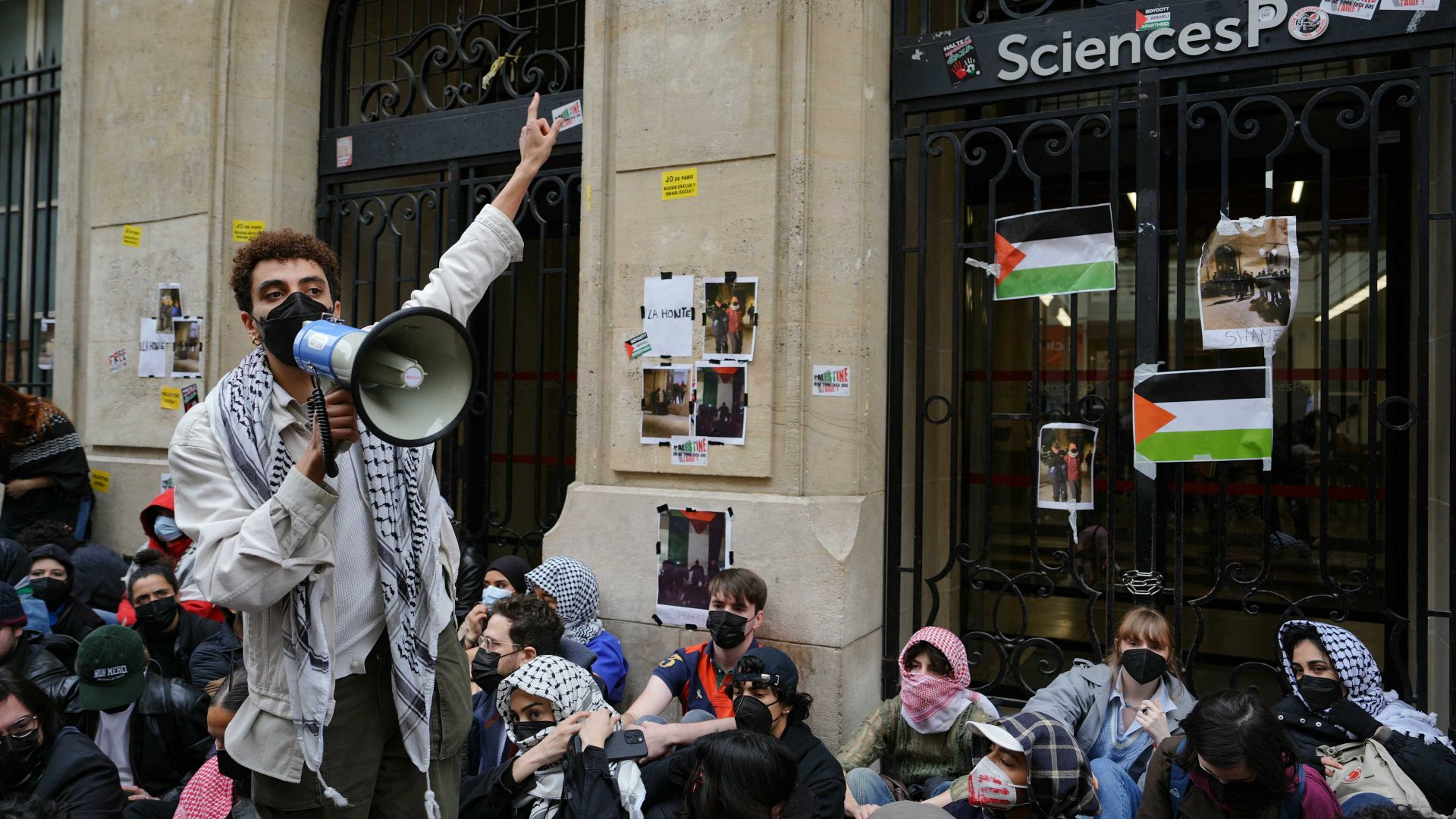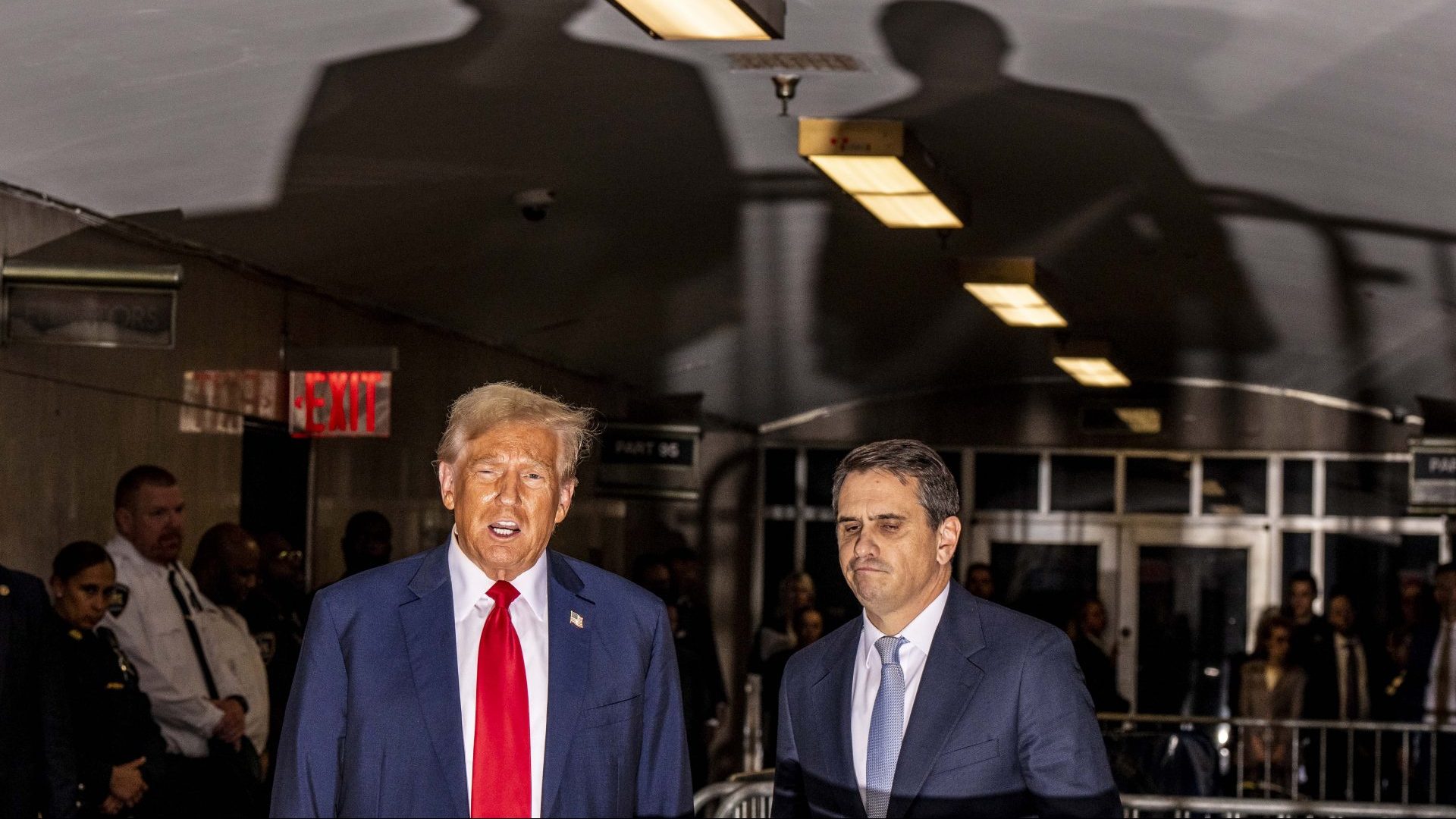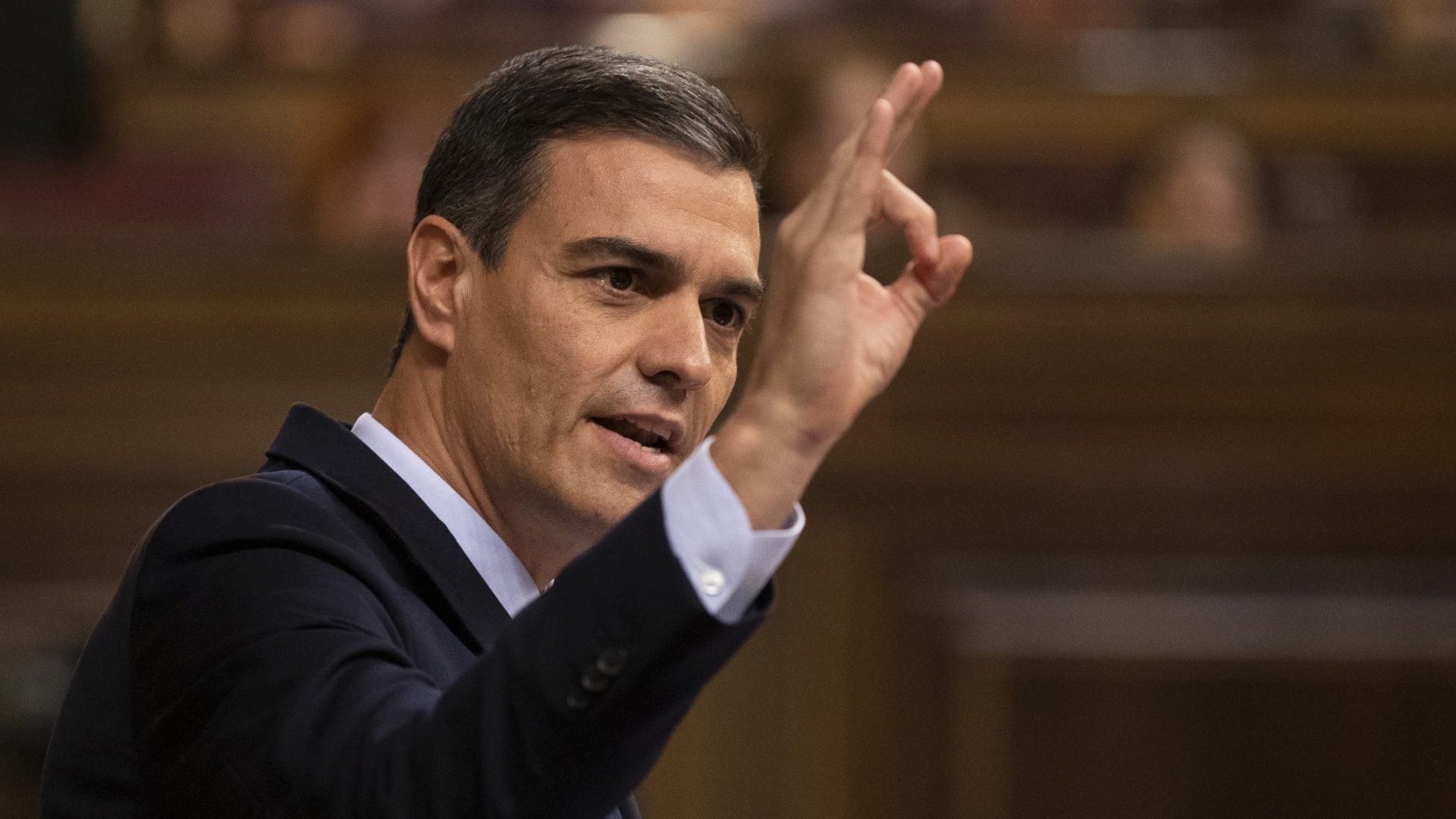The chic Parisian neighbourhood of Saint-Germain-des-Prés is enjoying an idyllic, if slightly chilly, April evening. As I approach my alma mater, the Paris Institute of Political Studies, commonly known as Sciences Po, chants and drumbeats pierce the peaceful stillness. “Free, free, free Palestine!” chant the crowd.
The first thing I see when I turn the corner is a massive Palestinian flag. The guy waving it introduces himself as Marvin, one of several dozen people who have gathered in solidarity with around 50 students occupying the school’s historic building on Rue Saint Guillaume. A young woman is distributing pictures of protesters being forcibly evicted by police from another Sciences Po building the night before – it’s a rare occurrence on French campuses.
The demonstrations have been inspired in part by ongoing protests at Columbia University in New York. Last week things got so heated here that clashes broke out between rival groups supporting Israel and the Palestinians.
“We stand in solidarity with Sciences Po students who face oppression for exercising their right to support the people of Palestine,” says Marvin. “These young people breathe new life into a movement tired of censorship and a government that does nothing to halt arms flows to Israel. Tonight, Sciences Po is showing everyone that we won’t be silenced until the occupation of Palestine is over.”
A fellow graduate laments the school’s reluctance to take a vocal stance on Gaza as it did with Russia’s invasion of Ukraine. “Sciences Po refuses to openly condemn Israel’s actions; all they ever say is ‘we condemn any crime against humanity’, while refusing to be explicit,” she says. In March, she signed an open letter written by Sciences Po’s Jewish students in support of pro-Palestinan demonstrations.
Another person, wearing a black surgical mask, was among those dragged out of the campus by heavily armed security agents the night before. “Israel should be held accountable for the war crimes it perpetrates on an entire population,” she says.
“As the student body, we are calling for Sciences Po to put an end to partnerships with Israeli universities, but their response is to call the police on us.” Other students are hiding their faces, admitting to feeling insecure and opting to delete all protest-related communications from their devices.
The crowd thickens. Joining the students leaning out of the windows on the first and second floors, they sing: “Even if Sciences Po doesn’t want us here, here we are. In honour of Palestine and all those being killed.”
“Are you spending the night there?” yells a girl to a group on the first floor.
“We sure are!” They have everything they need to last through the night: earlier, food, pillows and blankets were passed up to them by a rope made of keffiyeh scarves tied together.
“Monsieur, who are you?” calls a student from the second floor to a tall grey-haired man wearing a ribbon in the colours of the French flag.
“My name is Jérôme Legavre, I am a deputy of La France Insoumise!” he yells back. This left wing party has been consistent in demanding a ceasefire in Gaza, and he is rewarded with a short round of applause.
For Legavre, the protests are a sign of hope. “The climate that is developing in this country is extremely unhealthy and dangerous for our democracy,” he says. “A simple demand of a ceasefire is all it takes to be accused of antisemitism and an apologist for terrorism.”
By the next night the blockade is over – the school agrees to discuss student demands and withhold sanctions against protesters. Calm descends again. For now.
Svetlana Lazareva is an independent multilingual journalist based in Paris




